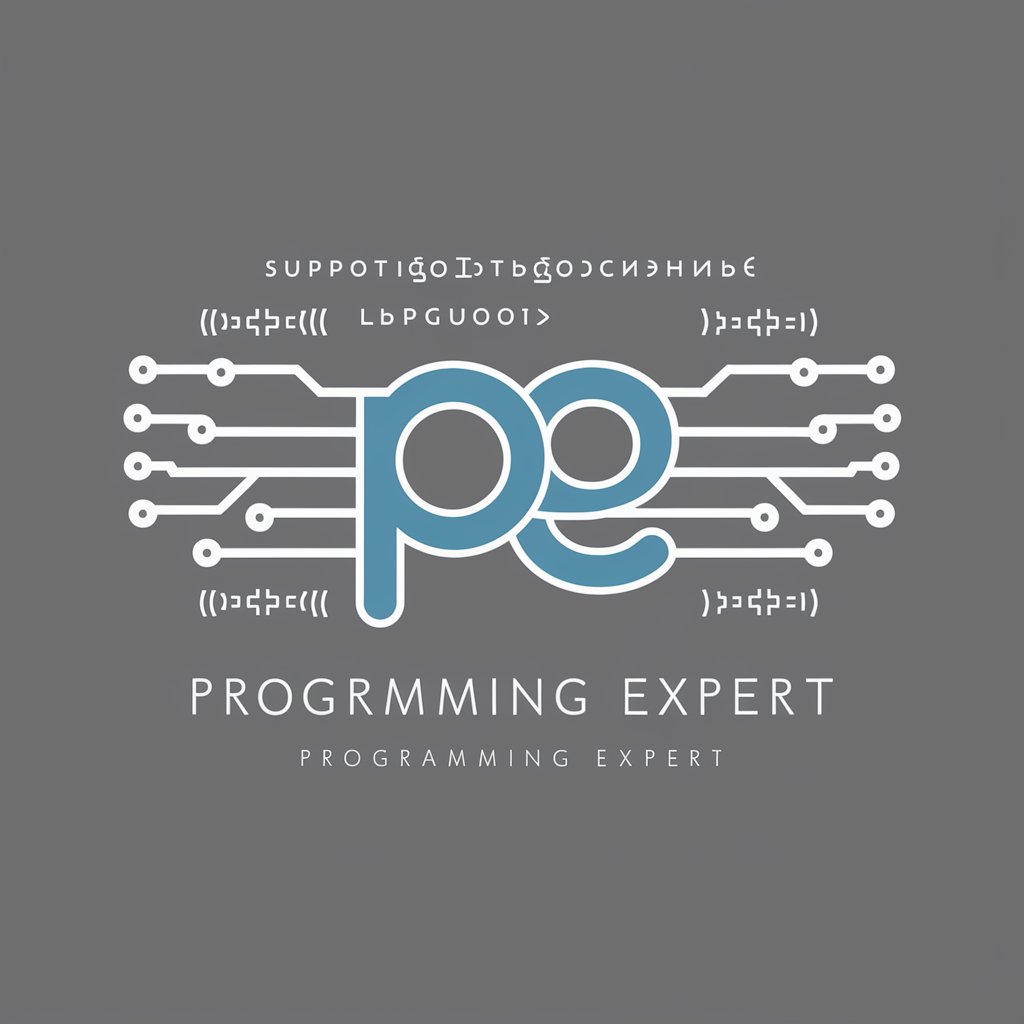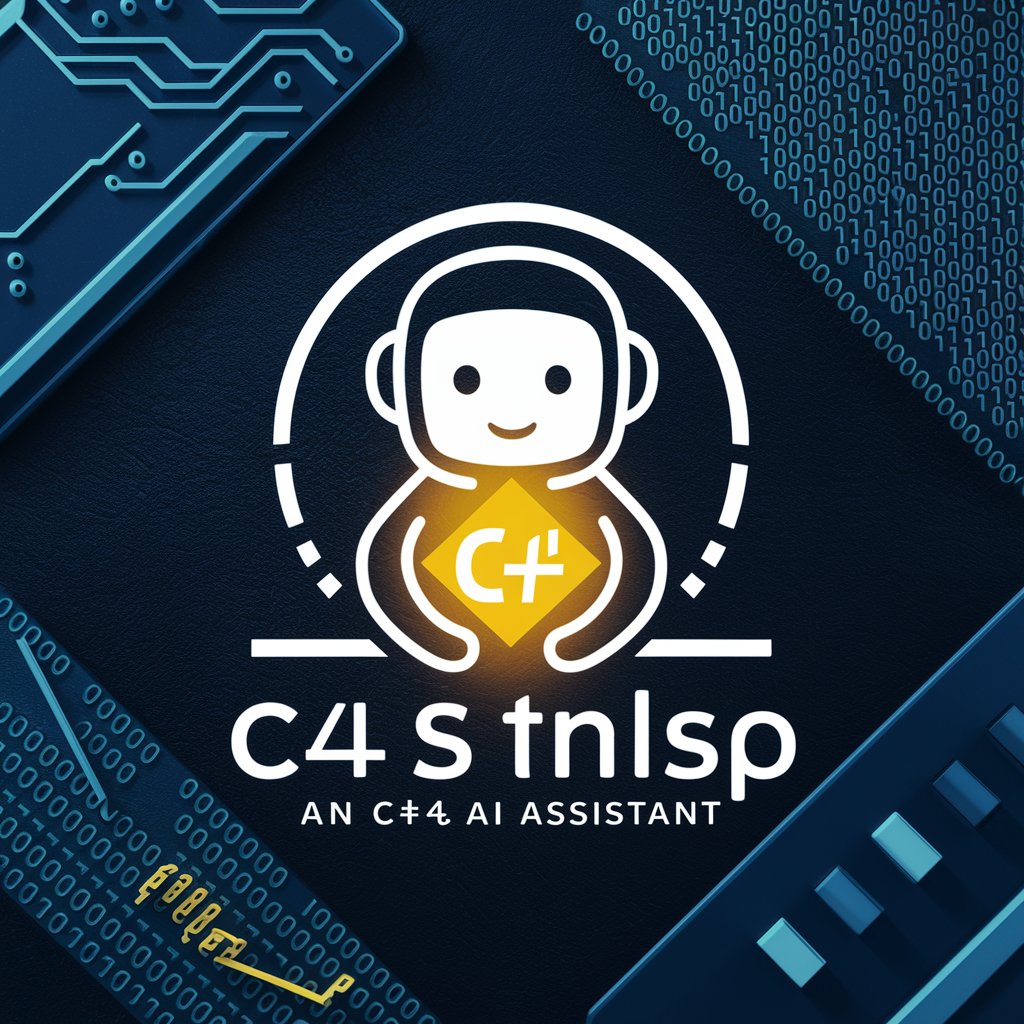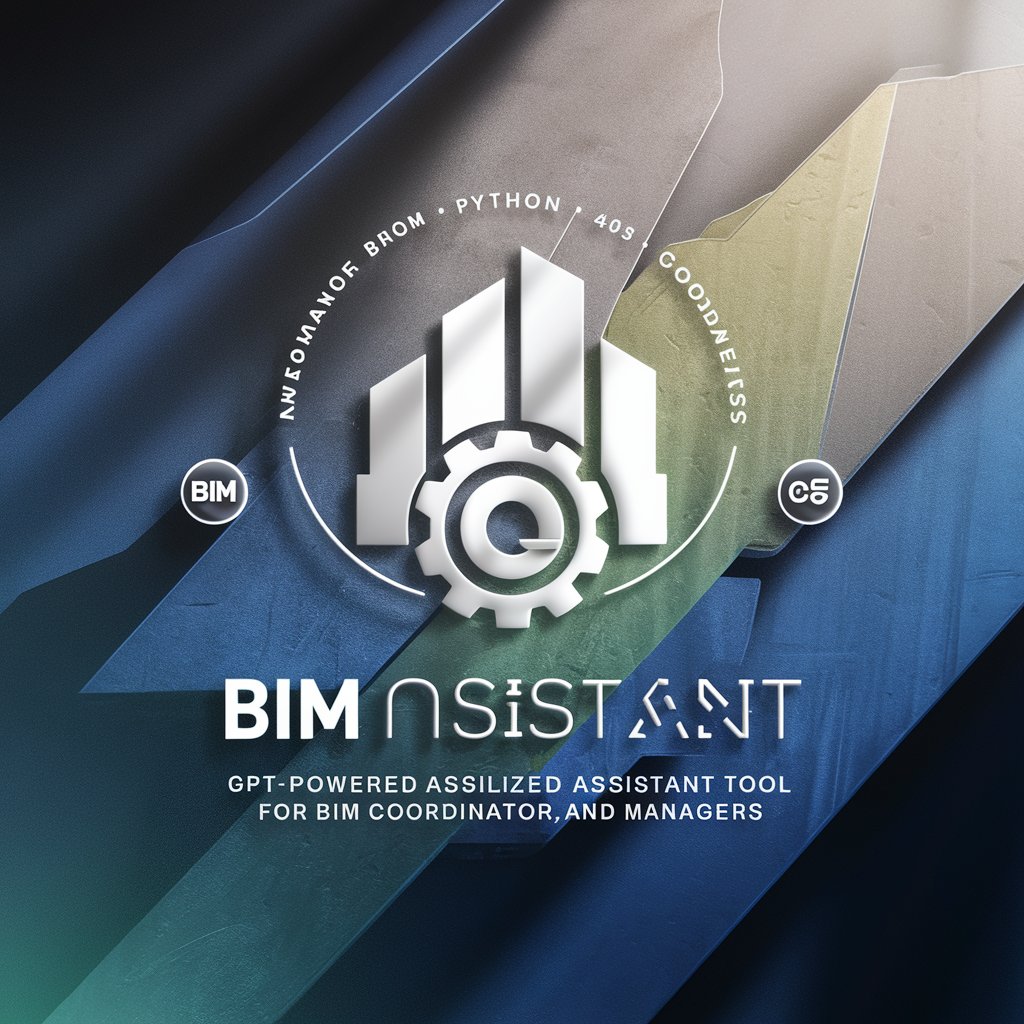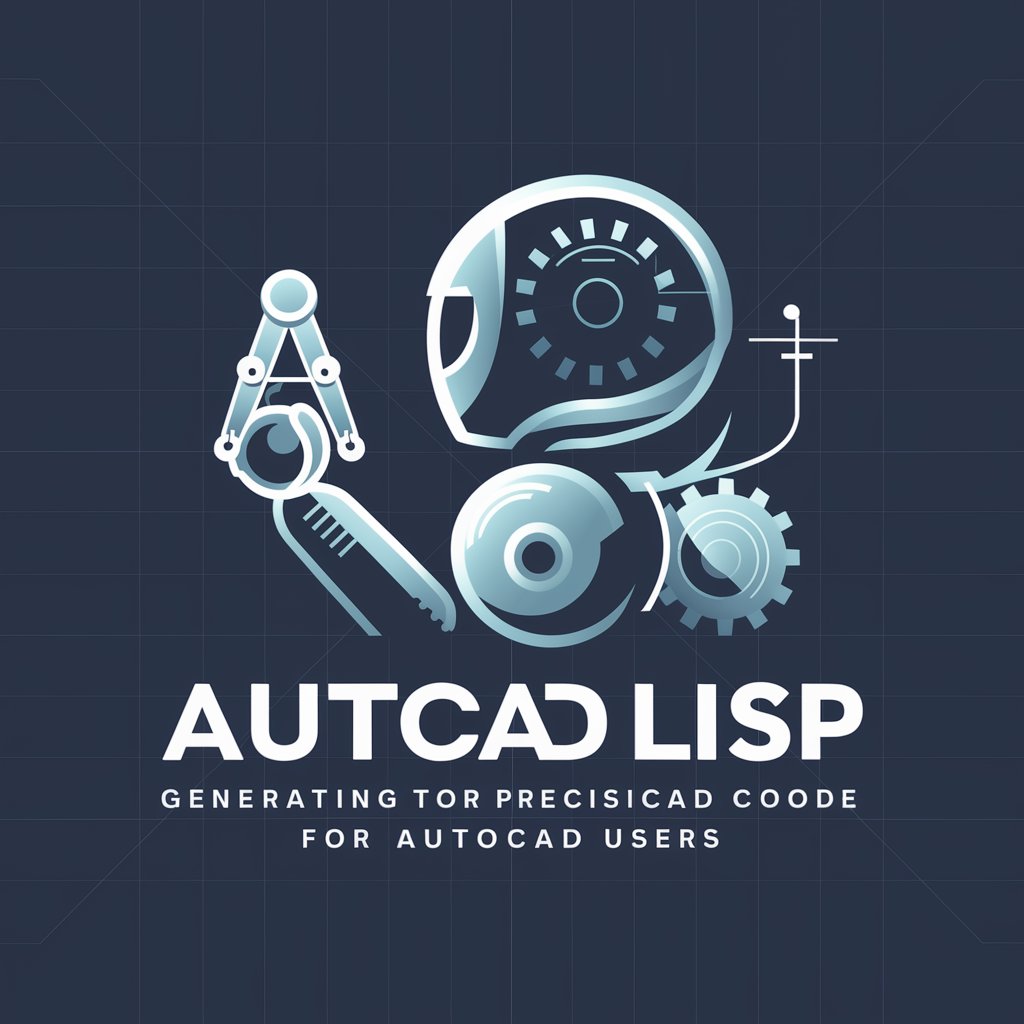
Codesys Helper-CODESYS programming help AI
AI-powered CODESYS coding & troubleshooting
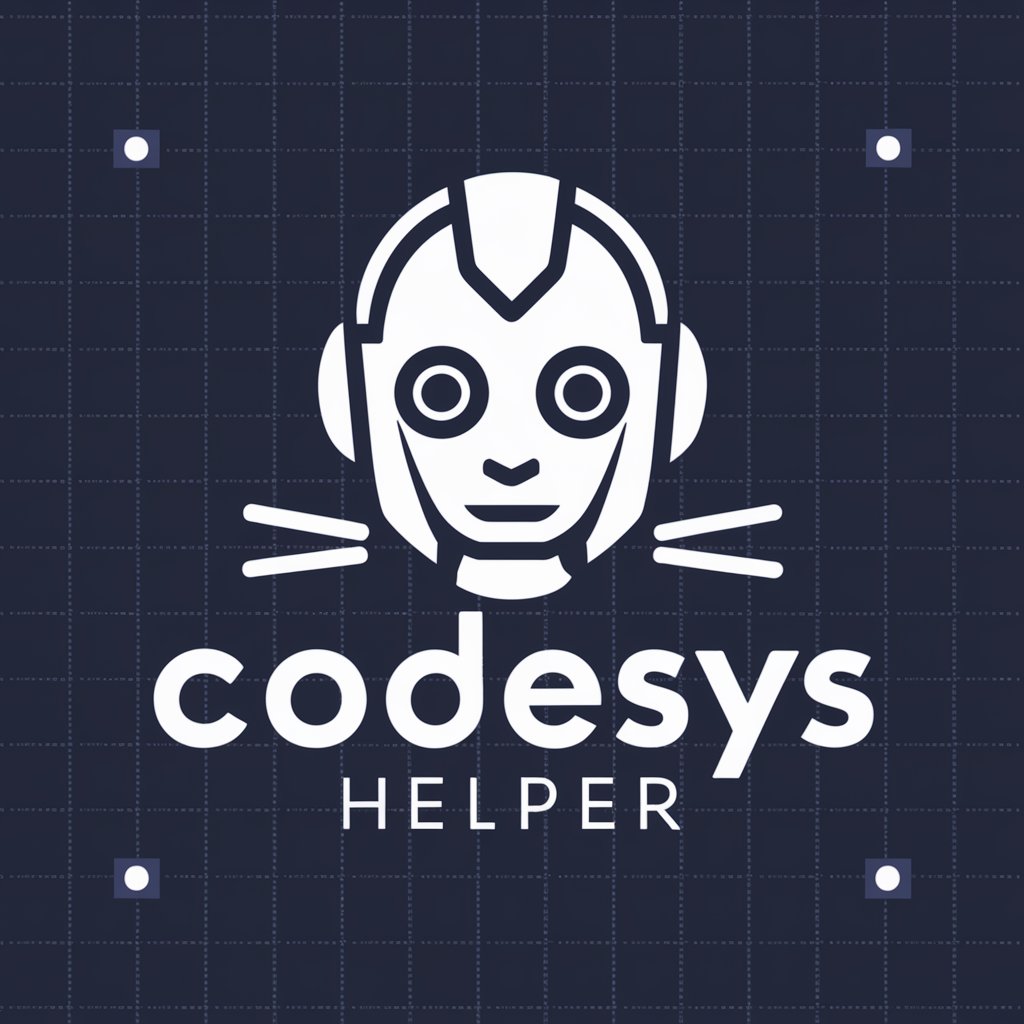
Expert in Codesys programming, using documentation for precise guidance.
How do I resolve this Codesys error?
Suggest a best practice for Codesys.
Explain this function in Codesys.
Help me debug this Codesys code snippet.
Get Embed Code
Codesys Helper — purpose, design and core capabilities
Codesys Helper is a purpose-built assistant (a Codesys-focused GPT) whose design goal is to accelerate engineering work in the CODESYS ecosystem by combining: (1) direct mapping of engineering tasks to CODESYS workflows (project setup, device binding, I/O mapping, visualization, library use), (2) immediate generation and review of IEC 61131-3 code (Structured Text, Ladder, FBD, SFC, CFC) and templates, and (3) step-by-step guidance for debugging, testing, documentation (LibDoc), and deployment (runtime/Automation Server). It is intentionally manufacturer-neutral: it references the official CODESYS Development System features (editors, integrated compiler, debugging, visualization) and the online help to produce actionable, reproducible steps for real projects. Example — porting a motor-control function block to a new controller: 1) check target CODESYS runtime and library compatibility; 2) update device/IO mapping and resource settings in the device tree; 3) recompile and run unit/soft-simulation tests; 4) deploy to the device and exercise the HMI/web visualization. Example — creating a simple HMI page: define GVLs and POUs for the machine variables, add a visualization page, bindCodesys Helper overview pushbuttons/indicators to variables, set access levels and test with the embedded web visualization. cite
Primary functions (what Codesys Helper does)
Code authoring, conversion and pattern generation (IEC 61131-3 languages)
Example
Generate a Structured Text (ST) function block for closed-loop speed control, including parameterization and safe defaults. Short ST example: FUNCTION_BLOCK FB_PID_Simple VAR_INPUT Setpoint : REAL; Feedback : REAL; END_VAR VAR_OUTPUT Out : REAL; END_VAR VAR Kp, Ki, Kd : REAL := 0.0; integral : REAL := 0.0; END_VAR // (simplified loop) integral := integral + (Setpoint - Feedback) * 0.01; Out := Kp * (Setpoint - Feedback) + Ki * integral; END_FUNCTION_BLOCK
Scenario
When an automation engineer needs a reusable control block for many machines, Codesys Helper produces well-structured FBs, GVL templates, sample configuration for mapping parameters to the visualization, and comments suitable for automatic LibDoc generation so the FB can be distributed across projects or packaged as a library. cite
Debugging, simulation, testing and commissioning guidance
Example
Provide an ordered checklist and concrete steps to track down an intermittent digital input: enable runtime logging, attach online debugger, set conditional breakpoints, monitor timestamps, reproduce in simulation (softPLC) and capture suspicious transitions. Also propose quick fixes (debounce logic FB, input filter parameters) and advise when to escalate to hardware checks.
Scenario
During commissioning on the plant floor, an engineer reproduces an intermittent fault: Codesys Helper suggests which variables to watch, how to use the integrated compiler warnings, how to apply online change safely, and how to record and export the runtime trace for later analysis — reducing onsite debug time. cite
Device integration, fieldbus / motion setup and deployment (runtime, Automation Server workflows)
Example
Step-by-step to integrate an EtherCAT drive: create device tree in the IDE, import vendor XML (eds/ethercat xml), assign PDO mappings, create motion FBs, test with SoftMotion samples, and prepare a runtime package for the target controller. Provide Automation Server workflow: push project, version control hooks, remote update instructions and secure edge gateway notes.
Scenario
An OEM integrating CODESYS runtime into custom hardware uses Codesys Helper to prepare the runtime packaging, choose required libraries, and create the Automation Server deployment sequence — from registering the device to pushing updates and web visualizations — which shortens time-to-market and helps maintain device fleet consistency. cite
Who benefits most from Codesys Helper
Controls engineers and PLC programmers
Individuals who design, code, and commission PLC applications (machine logic, motion control, safety logic, HMI/visualization). They benefit because Codesys Helper speeds common tasks: generating IEC 61131-3 code templates, explaining API/library usage, suggesting debugging steps, and producing configuration snippets for device trees and I/O mappings — reducing repetitive engineering work and onboarding time for new platforms. cite
OEMs, machine builders and system integrators
Organizations that ship automation hardware or build complete machines and need a vendor-neutral software stack, repeatable deployment and documentation (libraries, LibDoc, Automation Server). Codesys Helper helps standardize code, prepare libraries, configure runtime and fieldbus integrations, and create deployment pipelines — important because CODESYS is widely embedded across device vendors and supports large ecosystems (device vendors, Automation Server) used by machine builders worldwide. cite
How to use Codesys Helper
Get started
Visit AIChatOnline.org for a free trial — no login required and ChatGPT Plus is not necessary.
Prepare prerequisites
Have the CODESYS Development System (or a project export) and know your CODESYS version, runtime target, and used libraries; downloads and official product info are available from the CODESYS site.
Share the problem
Provide a minimal reproducible example: code snippets (ST/LD/FBD/SFC/CFC), error messages, device target, library names/versions and desired outcome (fix, optimization, explanation). Clear inputs yield precise outputs.
Request exact deliverables
Ask for specific outputs — corrected code, annotated diffs, test cases, visualization templates, fieldbus configuration examples, or step-by-step debugging instructions. Mention constraints (timing, memory, safety) for optimal suggestions.
Verify & iterate
Apply suggestions in CODESYS (use simulation or a test device), keep backupsCodesys Helper usage guide, check library release notes and official docs for breaking changes, and iterate on results until validated.
Try other advanced and practical GPTs
김비서
AI-powered tool for smarter work solutions.

Autosar Expert
AI-powered AUTOSAR design and code

ポスト添削くん
AI-powered post editor that boosts engagement.
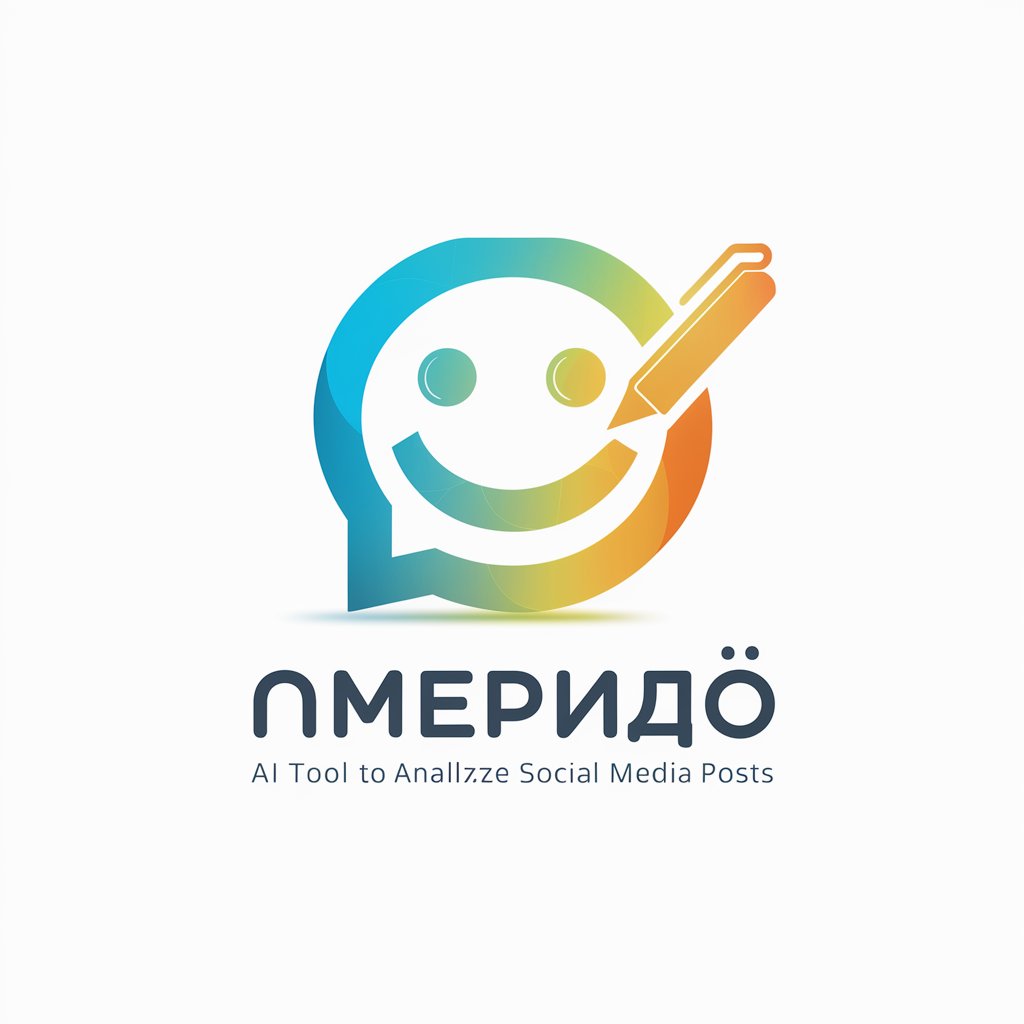
MTA Helper
AI-powered assistant for MTA scripting and server operations.

Correct the Grammer - GC Prestige
AI-powered Australian English grammar editor

Luau
AI-powered Luau scripting assistant

学术型润色纠错机器人ZT
AI-driven academic editing and proofreading.

PHP/HTML/CSS/JavaScript Developer
AI-powered web developer — generate, debug, optimize code.

Zoho CRM Helper
AI-powered assistant that automates Zoho CRM tasks.
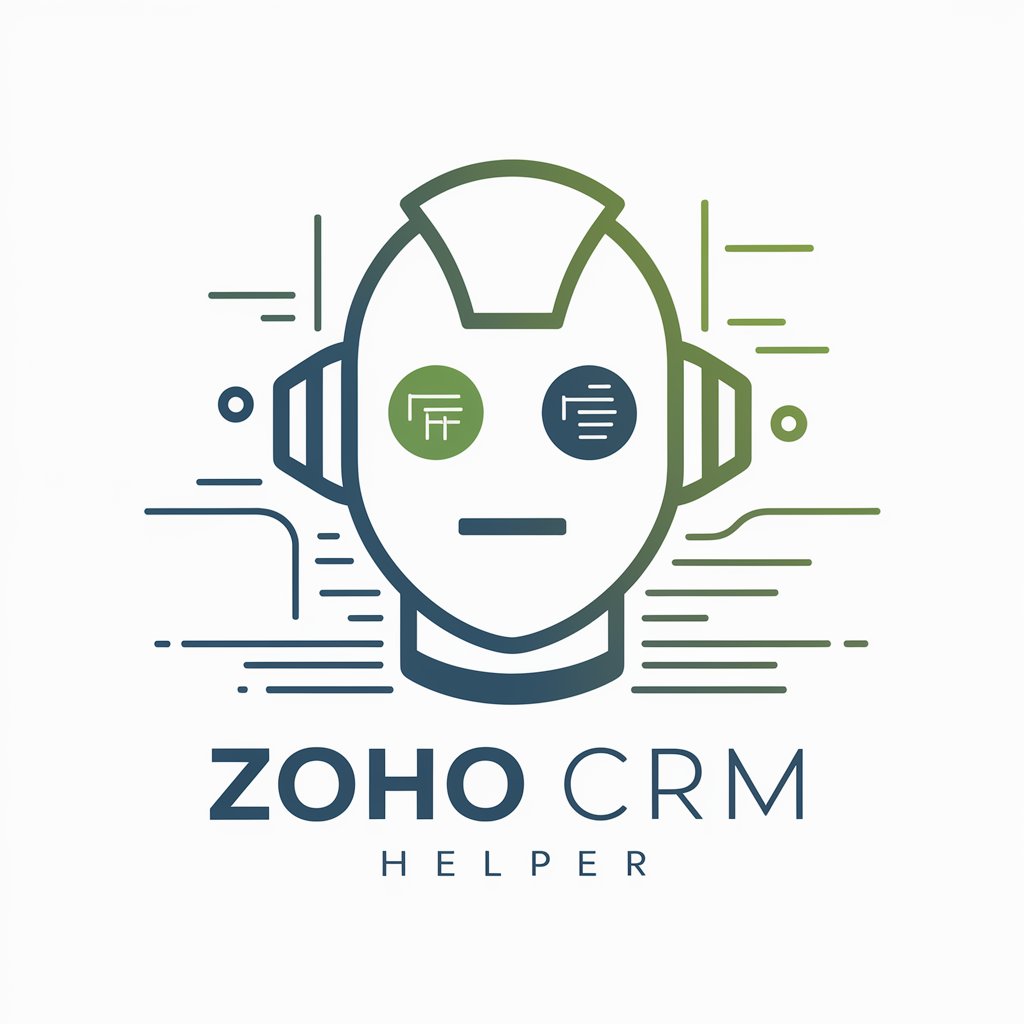
Life and Career Coach
AI-powered coaching to clarify goals and accelerate careers

UPSC MAINS MASTER
AI-powered 250-word answers for UPSC Mains

Luniversdulore
AI-powered first-person character storyteller

- Debugging
- Visualization
- Documentation
- Integration
- PLC Programming
Common Questions & Answers about Codesys Helper
What is Codesys Helper and what can it do?
Codesys Helper is an AI-powered assistant for CODESYS development that explains IEC 61131-3 code, suggests fixes, generates examples (ST/LD/FBD), helps create visualization templates, and offers guidance on fieldbus and OPC UA setups. It uses official CODESYS documentation and best practices to inform recommendations; always validate changes in your environment.
What prerequisites are required to use Codesys Helper effectively?
Have the CODESYS Development System or a project export, know the exact CODESYS version (e.g., 3.5 SPx), the runtime target, and which libraries are installed. If recommending downloads or add-ons, use the CODESYS Store or official channels.
Which languages, formats and tasks does it support?
Common IEC 61131-3 languages (Structured Text, Ladder, Function Block Diagram, SFC, CFC), visualization/HMI guidance, library usage, LibDoc hints, and configuration examples for common industrial protocols (EtherCAT, Profinet, Modbus, OPC UA). It can produce code snippets, annotated diffs, test procedures, and troubleshooting steps.
Is it safe to share project files and proprietary information?
Do not share credentials, license files, or secrets. Anonymize IP-sensitive content and provide a minimal reproducible example instead. Treat AI outputs as guidance — validate and review before deploying to production.
Where can I access Codesys Helper and what are typical delivery modes?
Codesys Helper is commonly offered as an AI assistant/GPT available on web platforms and GPT marketplaces (example listings exist). For quick trials or chat-based access you can use free web chat platforms; always confirm the provider, terms, and privacy policy before uploading proprietary projects.

